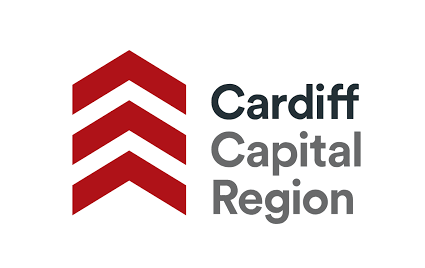
WRITTEN BY:
Jonathan Jones,
Founder & CEO,
Green Ibex.

It’s vital that we adapt our infrastructure to meet the challenges we face from climate change and extreme weather.
A recent example of the kind of forward-thinking planning that is needed came from Network Rail, which announced it will spend £2.8 billion to protect Britain’s railways.
This plan focuses on enhancing resilience against extreme weather events by upgrading drains, embankments, and other infrastructure, as well as investment in new technology.
But that’s not all. Crucially, Network Rail will also train staff to better interpret weather forecasts for improved operational decision-making during adverse conditions.
This proactive approach sets an example for businesses when it comes to infrastructure resilience.
Currently, not enough organisations are being proactive in this area and looking ahead at the potential risks. When we see businesses making climate-related infrastructure investments, it’s usually in reaction to something that’s already happened.
In these instances, it’s often a case of too little, too late, and in the worst scenarios the businesses will be paying twice.
Decision makers must identify the key risks associated with climate change and extreme weather to their operations and prioritise their future investments accordingly.
Take the supply chain as an example. Having a resilient supply chain is crucial for success, but if there are weak links in the chain, everyone suffers – companies and customers alike.
Food retailers will know the supply chain has been particularly precarious in recent years. 2023 was one of the wettest years on record, and after 18 months of exceptionally wet weather, many farms across England and Wales are still flooded, affecting both livestock and crops.
Are your suppliers likely to be affected by climate change and extreme weather? What if their premises are built on a flood plain, for example? What impact will it have on your operations if they flood and are unable to supply you?
It’s these kinds of operational considerations that need to be taken into account when planning.
Businesses also need to have the right skills among their employees to face the climate challenges to come. Do you have people with the ability to forecast the risks your business faces? Are there people who can come up with infrastructure derisking strategies and who can put plans into action?
In the example of Network Rail, hundreds of key operational staff will attend its new ‘weather academy' to help make them ‘amateur meteorologists'.
While most businesses won’t be able to invest in anything on this scale, they will be able to take advantage of a new generation of education and training courses in environmental sustainability skills that are currently being developed.
Organisations that employ people with these kinds of qualifications, either as staff or consultants, will not only prepare themselves for the future but also put themselves at a competitive advantage.
The scale of the climate challenge can seem overwhelming, especially when it comes to infrastructure. But, as Network Rail have shown, it’s better that businesses prepare now to ensure they are on track for what’s to come.



